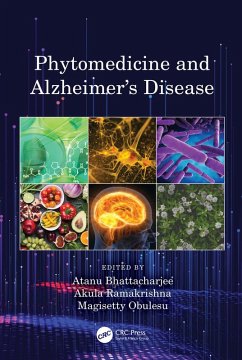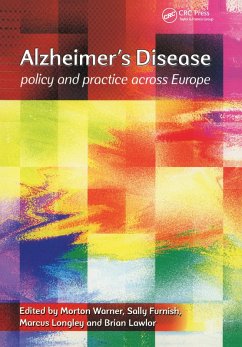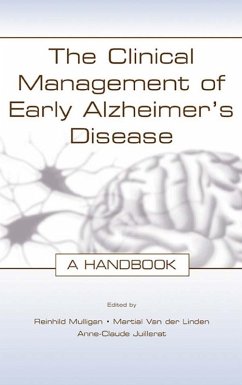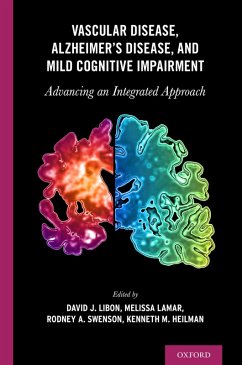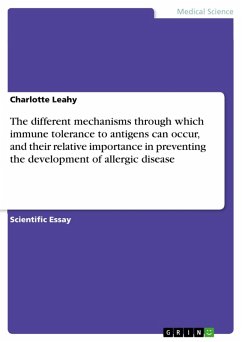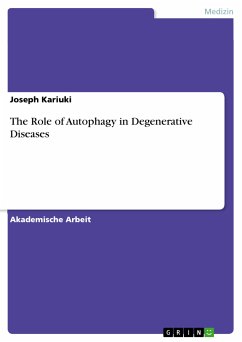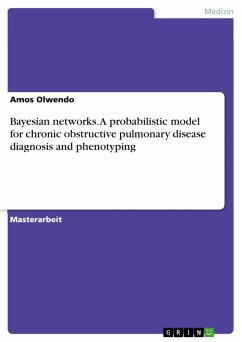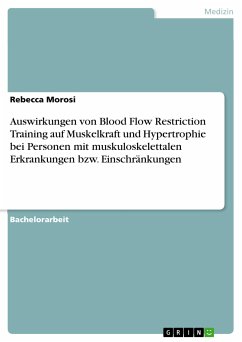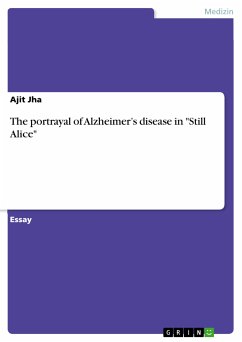
The portrayal of Alzheimer's disease in "Still Alice" (eBook, PDF)

PAYBACK Punkte
0 °P sammeln!
Essay aus dem Jahr 2015 im Fachbereich Medizin - Sonstiges, , Sprache: Deutsch, Abstract: This paper deals with early onset Alzheimer's disease as portrayed in the movie "Still Alice". In the movie, Alice, a successful woman, after being diagnosed with early onset Alzheimer's Disease (AD) loses almost all she had. Alice's case doesn't typically fall under the traditional age bracket for the onset of Alzheimer's because she is only 50. However, the symptoms she displays clearly fall under the earlier DSM-IV criteria of diagnosis. Under the new DSM-5 criteria, she would still be a fit case for A...
Essay aus dem Jahr 2015 im Fachbereich Medizin - Sonstiges, , Sprache: Deutsch, Abstract: This paper deals with early onset Alzheimer's disease as portrayed in the movie "Still Alice". In the movie, Alice, a successful woman, after being diagnosed with early onset Alzheimer's Disease (AD) loses almost all she had. Alice's case doesn't typically fall under the traditional age bracket for the onset of Alzheimer's because she is only 50. However, the symptoms she displays clearly fall under the earlier DSM-IV criteria of diagnosis. Under the new DSM-5 criteria, she would still be a fit case for Alzheimer's because she has been experiencing a gradual decline in her autonomy. She loses control over her speech, mobility and motor functions until she becomes completely dependent on her caregivers. Although, there is no cure for Alzheimer's, there are drugs and non-drugs based approaches to the treatment that can combat or resist the progress of the disease. In addition, there are alternative treatment models for Alzheimer's based on diet and herbs that are not strictly verified scientifically and hence not approved by the FDA. The psychiatrists and caregivers handling Alzheimer's patients are often faced with intense ethical dilemma especially when they are required to restrict the autonomy of patients for their safety and have to speak white lies.
Dieser Download kann aus rechtlichen Gründen nur mit Rechnungsadresse in A, B, BG, CY, CZ, D, DK, EW, E, FIN, F, GR, HR, H, IRL, I, LT, L, LR, M, NL, PL, P, R, S, SLO, SK ausgeliefert werden.




